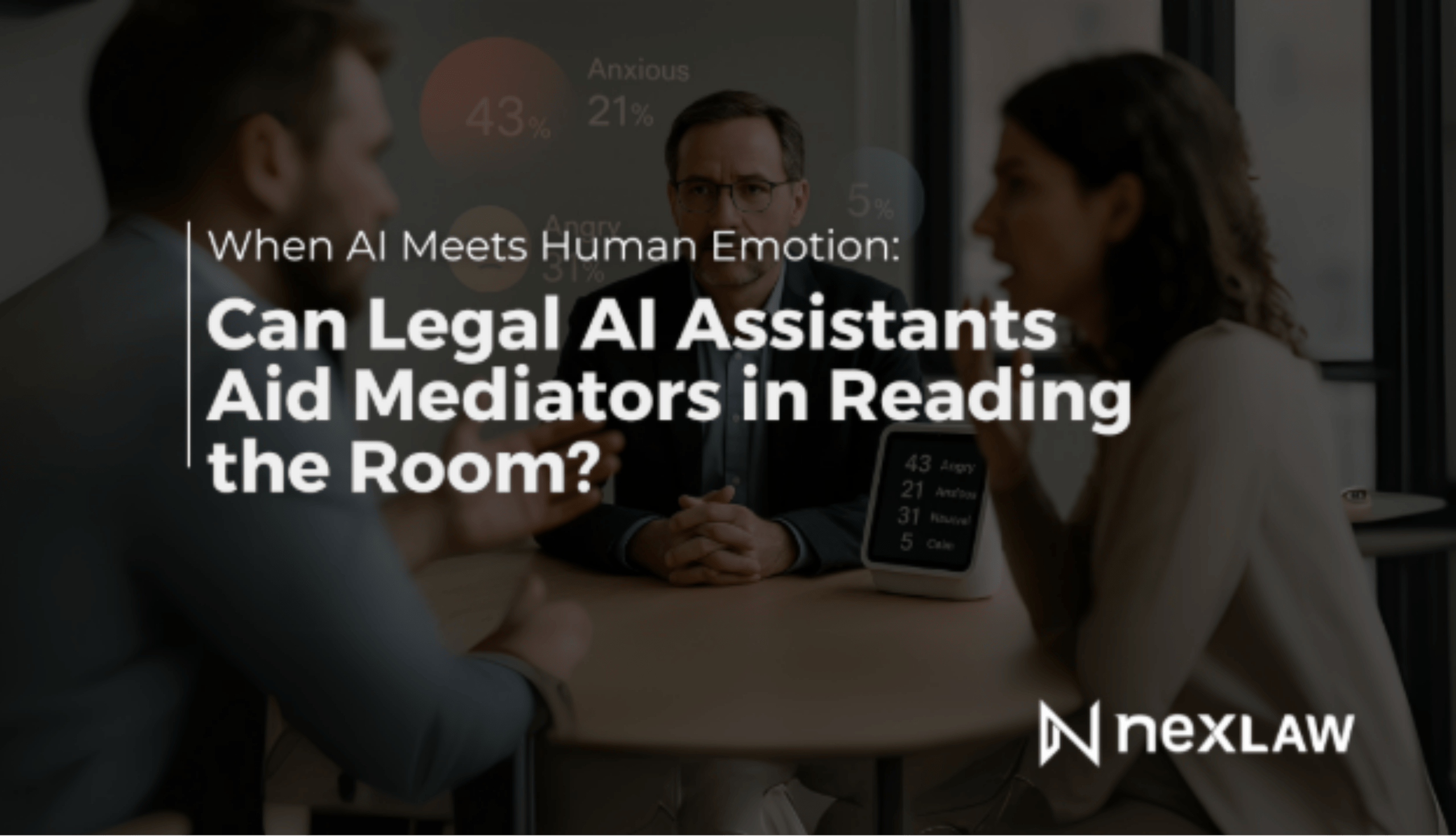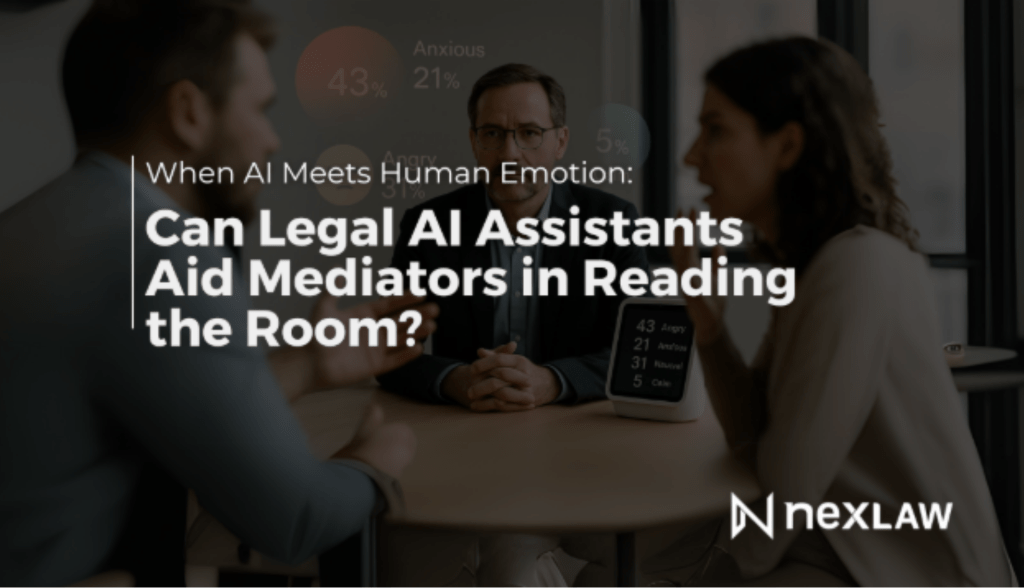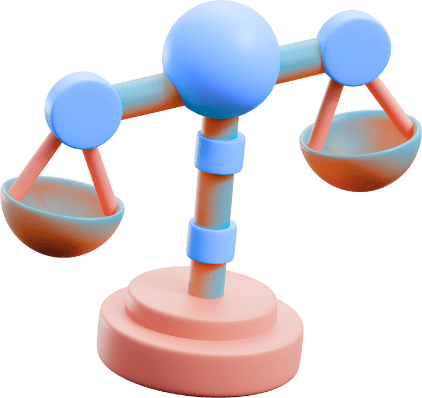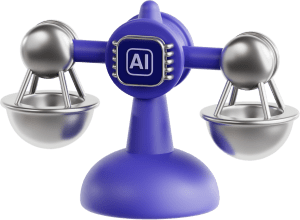When AI Meets Human Emotion: Can AI Legal Assistants Aid Mediators in Reading the Room?

AI Outperforming Humans in Emotional Intelligence?
Case Spotlight: AI-Assisted Mediation in a Commercial Dispute
Judicial Recognition of AI in Mediation
The Double-Edged Sword: Risks and Ethical Concerns of AI Emotional Analysis
The Hybrid Model: Augmented Intelligence in Mediation
Quantifying AI’s Impact on Mediation Outcomes
NexLaw AI: Best AI for Lawyers
Conclusion: The Future of Mediation is Human-AI Collaboration
When AI Meets Human Emotion: Can AI Legal Assistants Aid Mediators in Reading the Room?

In the emotionally charged arena of mediation, the ability to “read the room” — to perceive and respond to subtle human emotions is often the difference between settlement and stalemate. Traditionally, this skill has been the exclusive domain of human mediators, who rely on empathy, intuition and experience to navigate complex interpersonal dynamics. But what if legal AI assistants could augment this process, helping mediators understand emotional undercurrents and guide parties toward resolution more effectively?
This question is no longer theoretical. Recent breakthroughs in AI emotional intelligence, combined with the growing use of AI in Alternative Dispute Resolution (ADR), are challenging assumptions about the limits of technology in mediation.
AI Outperforming Humans in Emotional Intelligence?
A groundbreaking 2025 study by researchers at the University of Geneva and the University of Bern revealed that generative AI large language models (LLMs) scored an astonishing 82% on emotional intelligence assessments, significantly outperforming the 56% average human score. These tests evaluated AI’s ability to understand, manage and respond to complex emotional scenarios — exactly the kind of skills mediators rely on daily.
For example, when presented with a scenario where “Michael’s colleague steals his idea and gets credit,” AI consistently chose the most emotionally intelligent response, such as encouraging open communication rather than retaliation. This suggests that AI can analyze emotional cues and recommend constructive actions, potentially transforming how mediators prepare and conduct sessions.
Case Spotlight: AI-Assisted Mediation in a Commercial Dispute
In a 2024 commercial mediation involving two mid-sized tech firms in California, the mediator employed an AI assistant to analyze negotiation patterns and sentiment from prior communications. The AI flagged escalating frustration in emails and suggested a cooling-off period before the next session. This insight helped the mediator adjust the agenda, allowing parties to vent and reset, ultimately leading to a settlement agreement within weeks.
This case exemplifies how AI can detect emotional escalation through linguistic analysis — something human mediators might miss amid complex legal arguments.
Judicial Recognition of AI in Mediation
While US courts have yet to formally endorse AI as a mediator, several jurisdictions increasingly accept AI-assisted mediation as part of court-mandated ADR programs. For instance, pilot programs in New York and Texas courts have integrated AI tools to support mediators by providing data-driven insights and risk assessments, improving efficiency and settlement rates.

Act now to transform your
practice and achieve your goals.
See NexLaw in Action
Start your free trial and kick off your legal AI journey with a personalized demo
*By submitting the form, you agree to the Terms of Service and Privacy Policy
The Double-Edged Sword: Risks and Ethical Concerns of AI Emotional Analysis
Despite these advances, AI’s role in interpreting human emotions raises significant ethical and practical concerns:

Lack of Genuine Empathy:
AI can analyze emotional data but cannot truly feel or understand human experience, risking mechanical or inappropriate responses.

Bias and Misinterpretation:
AI models trained on biased data may misread emotions or cultural nuances, potentially exacerbating conflicts.

Privacy and Confidentiality:
Mediation involves sensitive information; AI systems must comply with strict confidentiality and data protection standards under US law, including attorney-client privilege and HIPAA where applicable.

Accountability:
Who is responsible if AI advice leads to poor outcomes or ethical breaches? Current legal frameworks lack clear guidance on AI liability in mediation.
Christopher K. Poole, CEO of the ADR provider JAMS, warns that unchecked AI use risks “hallucinations”; fabricated or erroneous outputs that could undermine mediation integrity.
The Hybrid Model: Augmented Intelligence in Mediation
Experts widely agree that AI should not replace human mediators but serve as a powerful augmentation tool. This “augmented intelligence” approach combines human empathy and creativity with AI’s data processing and emotional analytics.
According to mediation scholar Edwards, AI can:
- Automate document review and case preparation
- Analyze communication patterns and emotional signals
- Draft mediation agreements and provide feedback
- Offer predictive insights on likely outcomes
Meanwhile, human mediators apply judgment, ethical considerations, and interpersonal skills to guide the process.
Quantifying AI’s Impact on Mediation Outcomes
Recent studies underscore AI’s positive influence on mediation efficiency and fairness:
- A 2025 survey by LegalFly found that 72% of mediators using AI tools reported faster case resolution and improved client satisfaction.
- AI-assisted mediations showed a 30% reduction in session length and a 25% increase in settlement rates compared to traditional methods.
- In commercial disputes, AI’s ability to forecast outcomes with 85% accuracy helped parties make informed decisions, reducing costly litigation.
These metrics illustrate AI’s potential to enhance mediation without sacrificing the human touch.
NexLaw AI: Best AI for Lawyers
NexLaw AI embodies the hybrid model of mediation augmented by AI, offering US legal professionals a cutting-edge platform that balances emotional insight with rigorous legal analysis:

Emotionally Intelligent Analytics:
NexLaw AI leverages advanced natural language processing to detect sentiment, tone and stress indicators in communications, equipping mediators with actionable emotional insights.

Verified Legal Research:
Access to comprehensive US ADR case law and tribunal decisions ensures accuracy and compliance.

Document Automation:
Draft mediation briefs, settlement agreements and feedback reports efficiently without sacrificing quality.

Ethical Compliance:
Built with strict adherence to US confidentiality laws and ethical standards, NexLaw AI safeguards sensitive client data.

User-Centric Design:
Tailored for solo practitioners and small to mid-sized firms, NexLaw AI integrates seamlessly into existing workflows, enhancing mediator effectiveness without complexity.
By combining emotional intelligence with legal precision, NexLaw AI empowers mediators to “read the room” better, fostering fairer, faster dispute resolution.
Interested In Features Like This?
Receive complimentary access to our resources and a personalized live demo tailored to your needs.

Conclusion: The Future of Mediation is Human-AI Collaboration
As AI’s emotional intelligence capabilities advance, legal AI assistants are poised to become indispensable partners in US mediation. While AI cannot replace the nuanced empathy and ethical judgment of human mediators, it can augment their skills by providing data-driven emotional insights and streamlining complex tasks.
For US legal professionals navigating the evolving ADR landscape, embracing AI responsibly is essential. NexLaw AI offers a proven, ethically sound solution that enhances mediation outcomes by marrying human intuition with AI’s analytical power.
Ready to elevate your mediation practice? Book a demo with NexLaw AI today or subscribe to experience how AI can help you read the room and resolve disputes — like never before.

